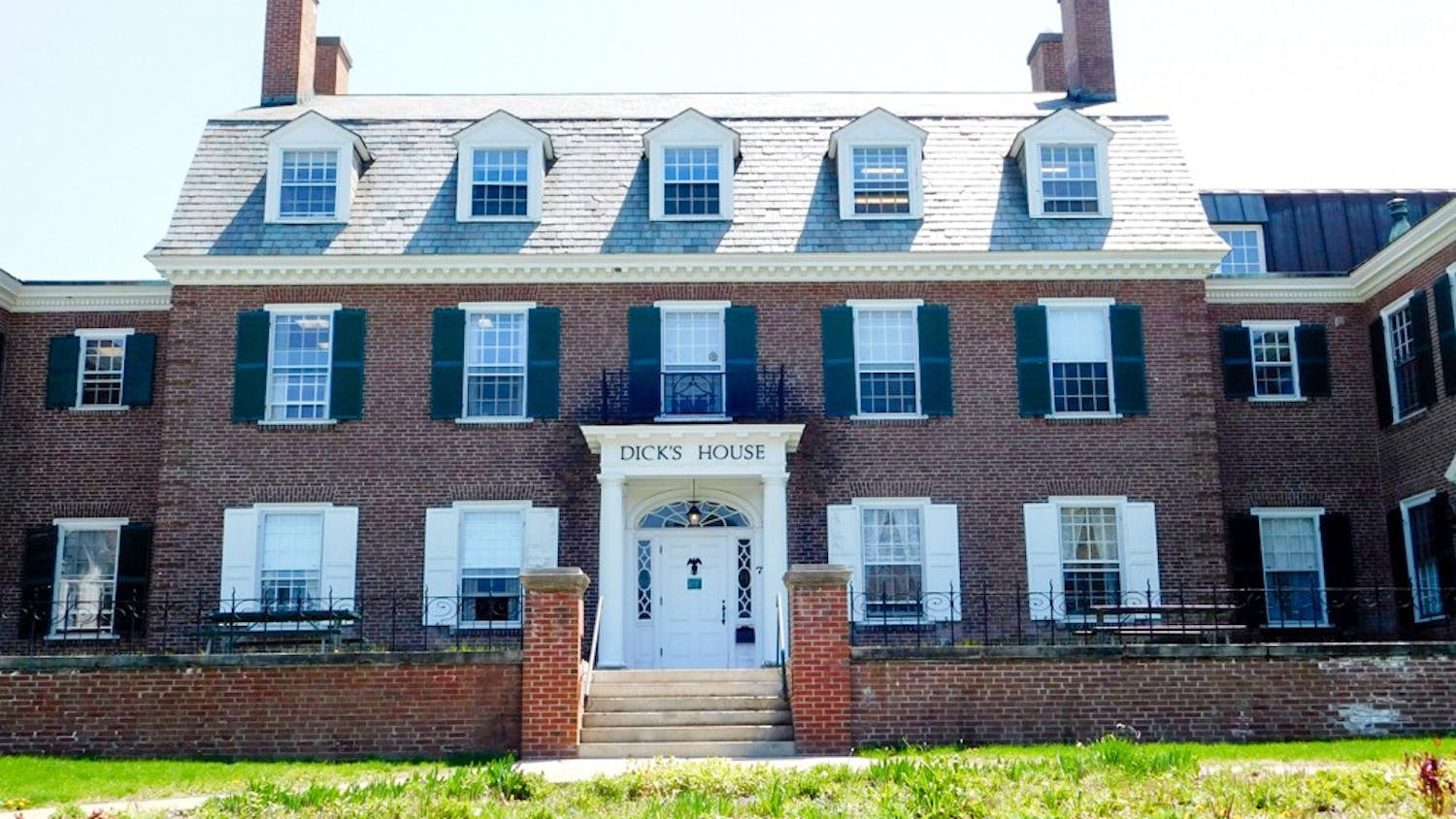The Dartmouth Mental Health Student Union has introduced “Late Night Solace,” the only current peer-support mental health program on campus. MHU was launched last fall to increase awareness about the importance of mental health on campus and promote accessibility to mental health services.
According to president and co-founder Amanda Chen ’21, there were no serious student organizations around mental health when she was a freshman.
“Previous organizations had ebbed and flowed and faded,” Chen said.
She added that though there were some mental health discussion groups on campus, they were not approved by the Council on Student Organizations. By acquiring COSO’s approval, MHU receives funding and can advertise via the campus-wide emails, according to Chen.
Biological sciences professor Lee Witters serves as one of the club’s advisors. He said that in his 35 years at Dartmouth, and especially in recent years, he has noticed a changing atmosphere regarding mental health on campus.
“About three years ago, I was increasingly concerned about mental health issues at Dartmouth,” Witters said.
He noted that his students and advisees increasingly mentioned anxiety, depression and stress.
Witters reached out to a variety of students to join a student focus group to address the problem. He said the student group soon morphed into the beginnings of MHU.
“Amanda, among others, pushed through and organized things,” he said. “We convened meetings with Dick’s House, the Student Wellness Center, and debated pros and cons.”
He said that he commends the students for their dedication to the group.
“In 35 years, rarely have I found a group of students so committed to an act which will benefit the whole campus,” Witters said.
Assistant director for health improvement Todd Gibbs, who also advises MHU, said that he is a big believer in peer support.
“There’s a certain credibility that comes when a student can receive connection and guidance from another student,” Gibbs said. “They are well-acquainted with the overall system and the situation’s context.”
He said that peer support could augment the spectrum of mental health care already available to students on campus, referring to counseling at Dick’s House or programming offered through the Student Wellness Center.
“Late Night Solace” began earlier this month and runs from 10 p.m. to 12 a.m. on Thursday and Sunday evenings in Collis 303. The program also offers a phone line open during those hours, but Chen said the phone has been less popular so far than personal drop-ins.
The peer supporters, according to Chen, have gone through around 40 hours of training. This training was developed in conjunction with Dick’s House counseling and the Student Wellness Center. The group also gained inspiration from similar, established models at peer institutions such as Harvard University and Columbia University as well as feedback from a survey sent to the Dartmouth student body on mental health resources.
Gibbs said MHU peer leaders first must participate in the Student Support Network training, which equips them to function as “mental health bystanders.” He said such training prepares students to step in and help peers seek help should they sense an issue. Then, they receive more training, including in suicide prevention, before they become peer leaders.
Chen said that the MHU is also focusing on collaborating with other groups on campus, including the Dartmouth Outing Club.
Chen said that focusing on mental health is key to help students in a college environment. She used the analogy of a paddling duck to highlight Dartmouth’s stressful culture; students are seen floating calmly on the surface, though in reality they are paddling furiously to stay afloat, she said.
“We have a picture of an ideal Dartmouth student who is busy, has it all together and is still cheerful,” Chen said. “A lot of us continue to try to live up to it. No space is left in that image for mental health.”
She pointed out that one of the key facets of peer support is simply allowing people to check in with themselves in a safe environment with a truly present listener. She said peer support can be a positive alternative to simply checking in with a friend due to the stigma that surrounds mental health issues.
“People feel if they are checking in with a friend, they can’t burden them too much because they are supposed to have a good time together,” she said.
Chen added that she helped found the club due to the lack of such an organization on campus but also for personal reasons.
“A good friend of mine went through Dartmouth and struggled here,” she said. “When I came here it hit me that I was in a physical space that someone I cared about was sad in for so long.”


